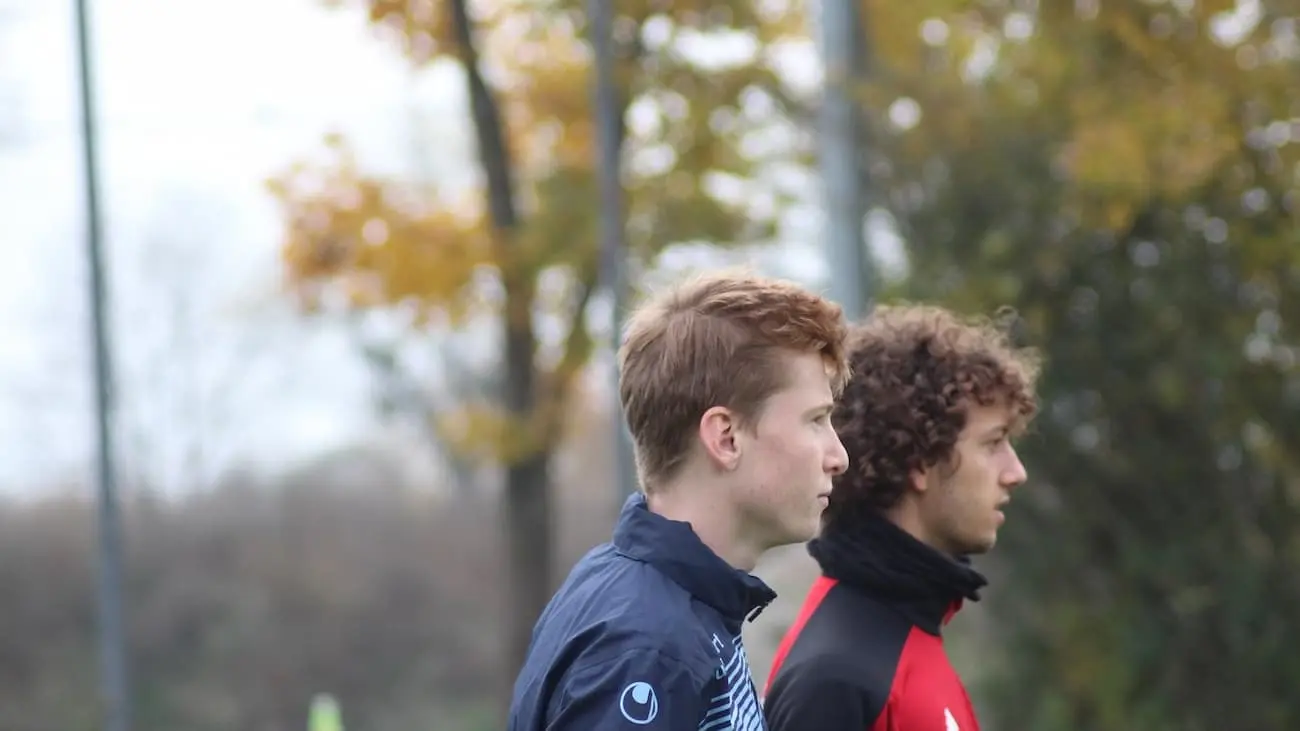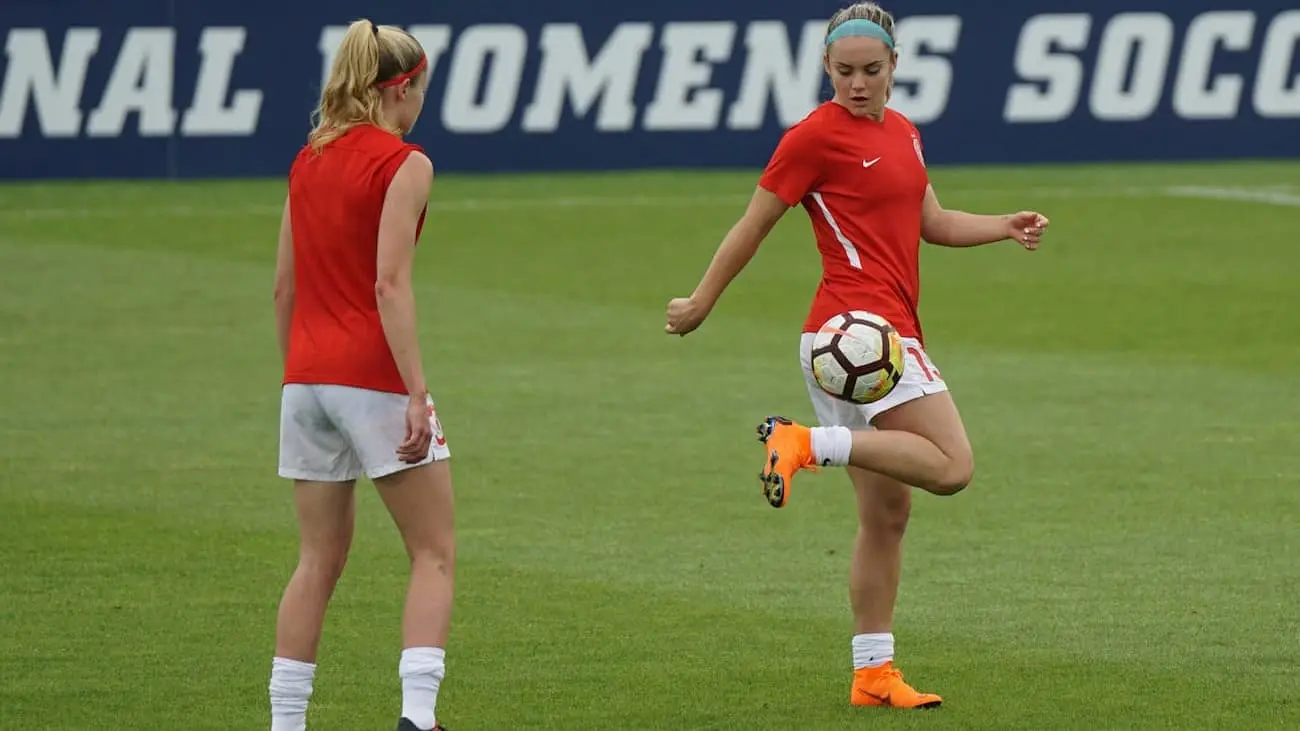WHAT MAKES A GOOD COACH
Thiago Calderaro
In world football, coaches play a central role in the success of a team. Good coaches are characterised by expertise, credibility, commitment and reliability. They should have the ability to master complex requirements in training and in the game in a well-founded manner and constantly expand their expertise, which is promoted through dialogue with colleagues.
Credibility comes from open and clear communication and from endeavouring to advance the team both in sporting and personal terms. Connectedness with the players, based on trust, respect and regular contact, is seen as essential for building a successful relationship. Reliability is also presented as essential - a good cognitive structure and organisation are crucial for practical implementation in training and in games.
Core Aspects of Good Coaches
1. Results and Titles
The most obvious indicators of successful coaches are the results achieved and titles won. A good coach finds ways to lead their team to victories, be it through tactical innovation, motivating players or developing strong team chemistry.
2. Player Development
Another important aspect is a coach's ability to improve players' skills. This includes technical skills, tactical understanding and mental strength. The best coaches are those who are able to realise the full potential of their team.
3. Impact on the Club and the Community
Good coaches also have a positive impact on the club and the region. They help to improve the club culture, strengthen the bond with the fans and can even have a positive influence on the region. In some cases, they even shape an era and their influence is even recognised globally.
Differences in the Work
1. Adult Football
In professional adult football, the focus is very much on results and titles. Coaches have to lead highly qualified athletes, make tactical decisions at the highest level and perform under considerable pressure.
2. Youth Football
In youth football, the focus is on the individual development of players. Coaches need to create an environment where young talents can improve their skills and they also need to support their mental and emotional development.
3. Kids Football
Children's football is all about having fun. Coaches should be pedagogically savvy and teach children the fundamentals of the game to encourage a passion for the sport without putting pressure on results.
Conclusion
Good coaches in football combine technical knowledge, the ability to develop talent, tactical skill and the ability to have a positive impact on the club and its environment. They recognise that the demands of adult, youth or children's football vary and that their own qualities need to be adaptable over time to meet the changing needs of their teams. At the same time, self-reflection is key to a coach's personal and professional development. Striving to always be the best version of oneself reflects an attitude that should also be cultivated within the team. Coaches who continuously develop their skills and see every training session as an opportunity to create the best session of the week not only prioritise sporting success, but also the personal development of their players. Through careful justification and communication of their decisions and an authentic, interested and individualised communication style, they promote comprehensive development that encompasses both sporting and personal aspects.
Source
https://www.dfb-akademie.de/welche-eigenschaften-machen-gute-trainerinnen-aus/-/id-11010716/
Continue Reading
This might also interest you:







